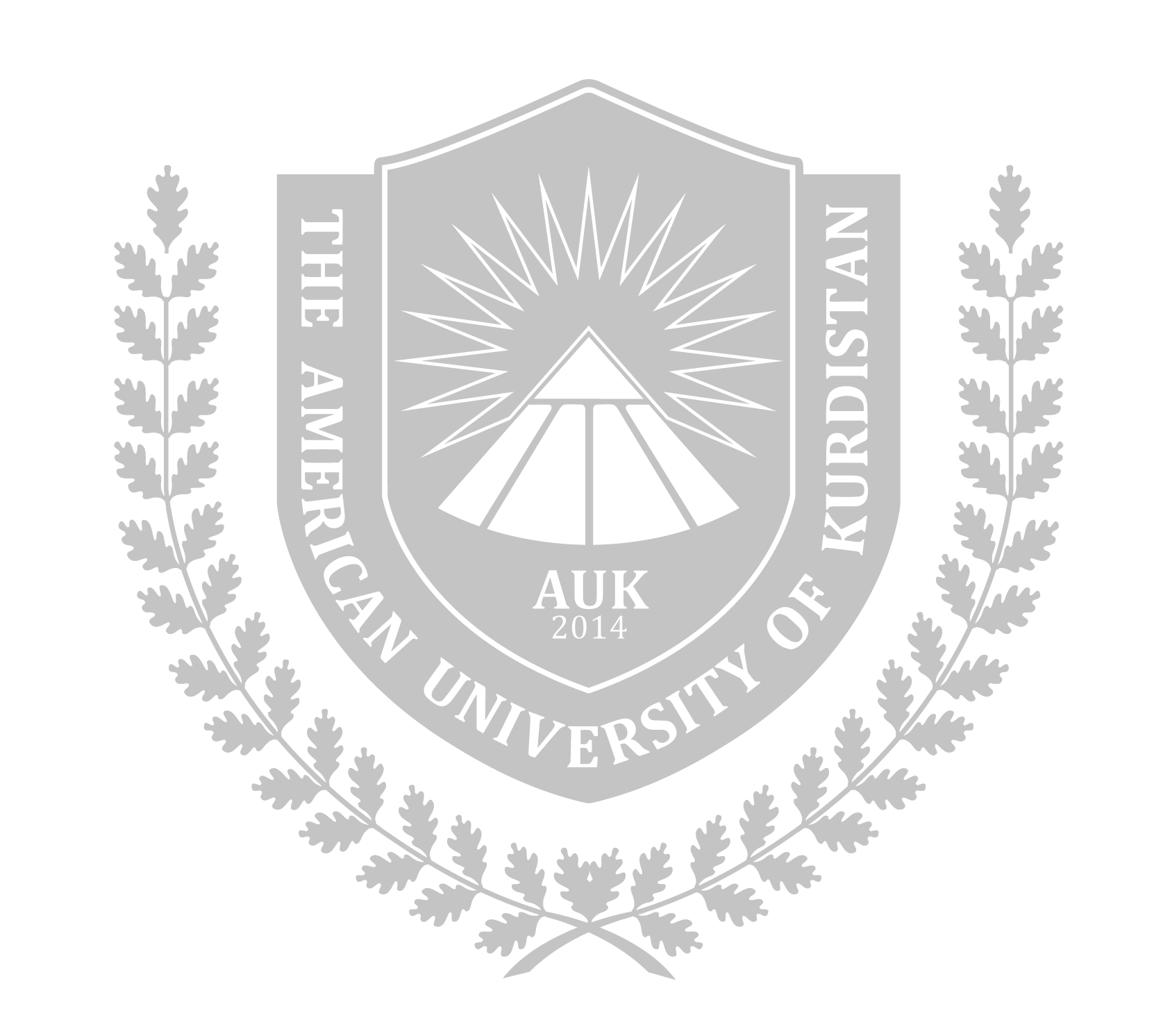M.Sc. in Artificial Intelligence (AI)
AUK is in the process of submitting a substantive change proposal to the New England Commission of Higher Education (NECHE) to introduce courses/programs at a degree level above that at which candidacy was granted. If successful, AUK will be launching its inaugural master’s program in fall 2025.
The University has identified as its first master’s program, the M.Sc. in Artificial Intelligence (M.Sc. in AI). The program will aim to provide students with the knowledge, skills, and ethical understanding necessary to lead in the rapidly evolving field of AI. It will prepare students to address complex challenges and develop solutions that positively impact society by promoting research, innovation, and collaboration with industry. The coursework will be supported with practical applications in the state-of-the-art AI Lab funded by the U.S. Department of State Grant titled “Supporting American-Style Higher Education in Iraq.”
When AUK is informed of NECHE’s approval of this substantive change, more information will be uploaded to this webpage including the application processes and requirements, tuition and fees, curriculum, course descriptions, and program format including details on the scheduling of classes.
